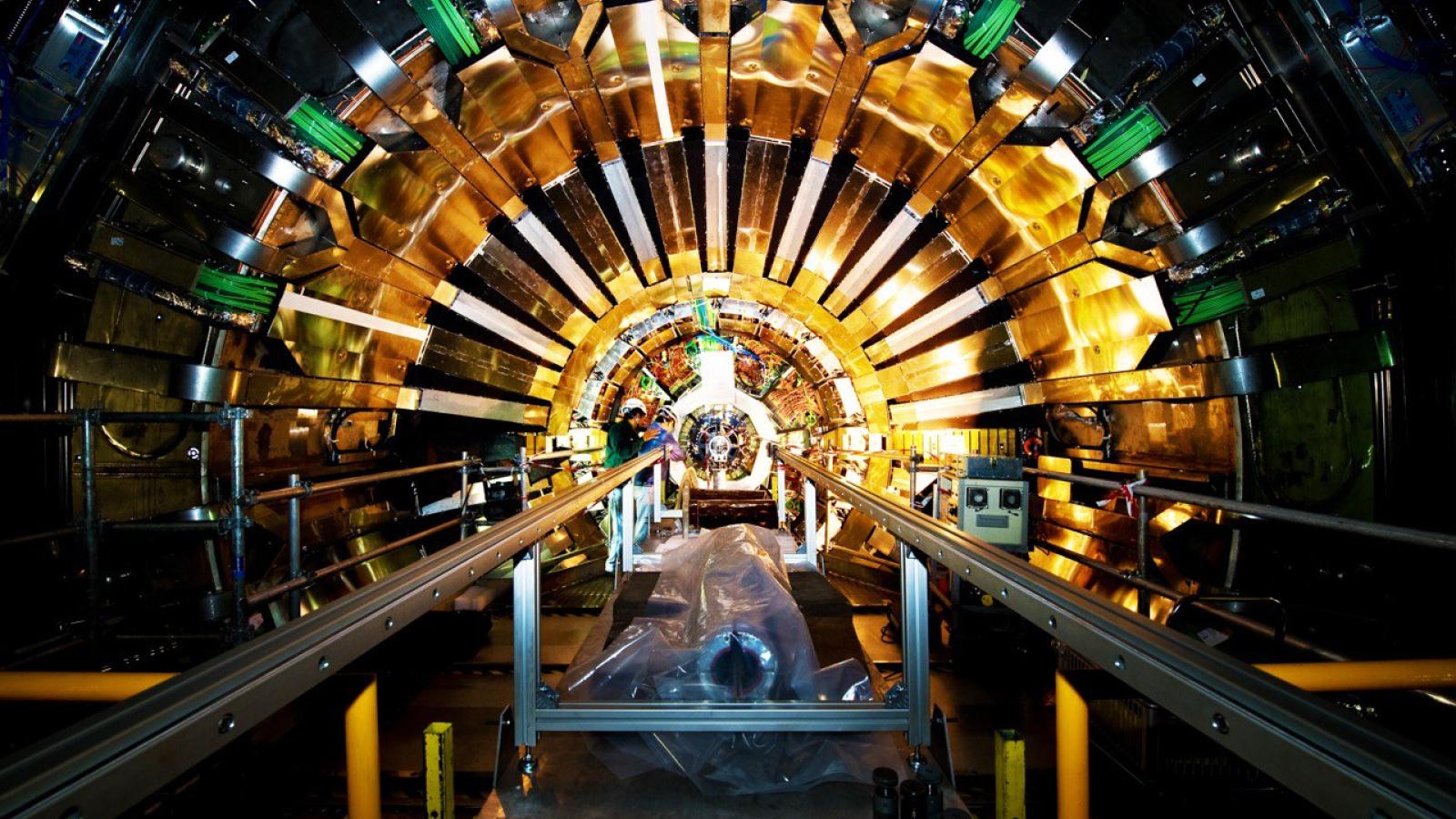High Energy Physics
High Energy Physics studies the fundamental building blocks of nature and the interactions that govern their behaviors.
These building blocks include quarks, leptons, and bosons according to the Standard Model of particles physics.
The Standard Model provides a theoretical framework and is one of the most successful theories ever devised. It can be used to understand a wide range of phenomena, including the development of the universe fractions of a second after the Big Bang.
Theoretical Studies
Theoretical studies in the department include Quantum Chromodynamics, extensions to the Standard Model, and possible theories beyond the Standard Model, such as string theory.
Experimental Studies
Experimental studies in the department make use of the Large Hadron Collider (LHC) located at CERN in Geneva, Switzerland. The LHC and its experiments represent one of the largest and most complex scientific endeavors ever undertaken.
The work of the faculty, postdocs, and students in this area is supported by the Department of Energy and the National Science Foundation.

